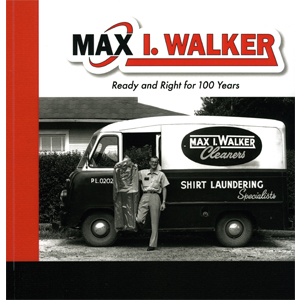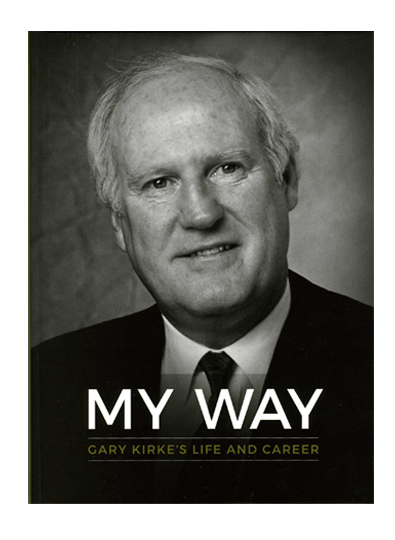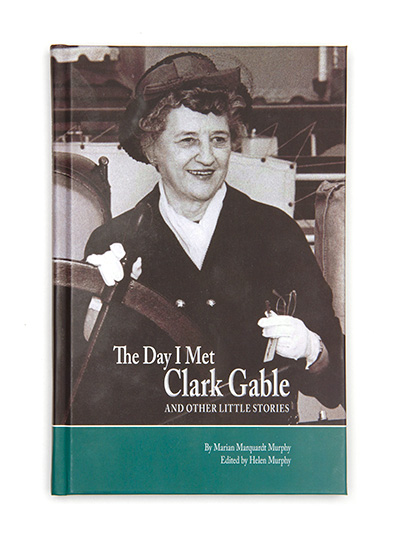A century in business isn’t the sort of feat that comes along every day, especially in a competitive industry like dry cleaning, and so in 2017 the leaders of Max I. Walker decided to honor that achievement by publishing a book about the company’s history. When you read closely, you’ll understand just how impressive 100 years in business really is.
Mobs. Lynchings. Political corruption. Omaha had it all back in 1917 when Max I. Walker, a proud Scot from Missouri, absorbed a friend’s dry cleaning business as a means of settling a debt the friend couldn't make good on. Little did Walker know, but he was charting an entirely new course for the rest of his life.
Now in their fourth and fifth generation of family leadership, the Walkers have survived the Great Depression, World Wars I and II, suburban migration, economic fluctuations. Even polyester. How has it all been possible? In addition to leading the industry in the actual cleaning of clothes, the company has maintained the agility and adaptability that its founder was known for a century before. Today, Max I. Walker uses cutting-edge technology to stay relevant with a new generation of customers while also relying on good, old-fashioned touches such as remembering a customer’s name and offering impeccable customer service. Here’s to Max I. Walker, the company that has been getting it ready and right for 100 years.


 We're going above and beyond to try to do what's right. My dad always says, 'Be the white hat guy' and err on the side of 'the customer is right.' It's the general philosophy here. It always has been.
We're going above and beyond to try to do what's right. My dad always says, 'Be the white hat guy' and err on the side of 'the customer is right.' It's the general philosophy here. It always has been. 








